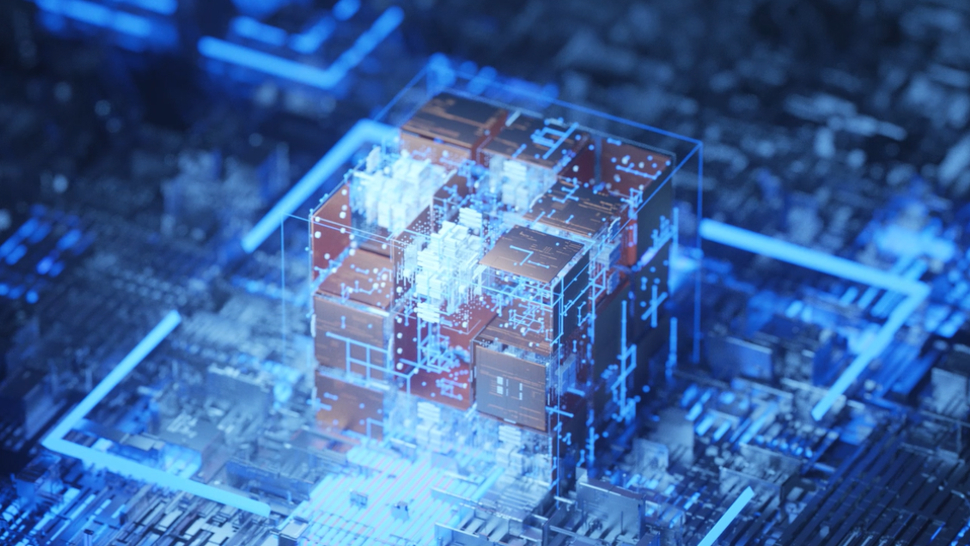We’ve just got a glimpse of what to expect from the next-gen HoloLens
HPU 2.0 brings forth deep learning chops

Microsoft has made a fresh revelation about the next version of HoloLens, with the next-gen mixed reality headset set to benefit from a new Holographic Processing Unit (HPU).
In a keynote at CVPR 2017, Harry Shum, executive VP of the AI and Research Group at Microsoft, explained that the second version of the HPU will use an AI coprocessor to natively implement deep neural networks.
Said coprocessor will run directly off the HoloLens battery, and will allow for on-device analysis of what the user sees and hears rather than having to rely on the cloud for processing that information (which obviously incurs a delay factor).
Handy features
Microsoft notes that this will allow for neat tricks such as implementing hand segmentation, in other words, sophisticated hand tracking that could potentially allow for, say, a virtual holographic keyboard the user can type on.
The company further notes that this is just one new capability for the next-gen HoloLens, and plenty of other features are in development.
In a Microsoft Research Blog post, Marc Pollefeys, Director of Science, HoloLens, commented: “This is the kind of thinking you need if you’re going to develop mixed reality devices that are themselves intelligent. Mixed reality and artificial intelligence represent the future of computing, and we’re excited to be advancing this frontier.”
Meanwhile, earlier this month we saw that Ubisoft is working on prototype AR games for HoloLens which include the characters Toy Soldiers and the Rabbids. The mixed reality device isn’t all about work, after all, and we’ve previously seen Microsoft demo it with shooter-style games.
Are you a pro? Subscribe to our newsletter
Sign up to the TechRadar Pro newsletter to get all the top news, opinion, features and guidance your business needs to succeed!
Via: MS Power User
- We’ve highlighted the 10 best business AR headsets
Darren is a freelancer writing news and features for TechRadar (and occasionally T3) across a broad range of computing topics including CPUs, GPUs, various other hardware, VPNs, antivirus and more. He has written about tech for the best part of three decades, and writes books in his spare time (his debut novel - 'I Know What You Did Last Supper' - was published by Hachette UK in 2013).